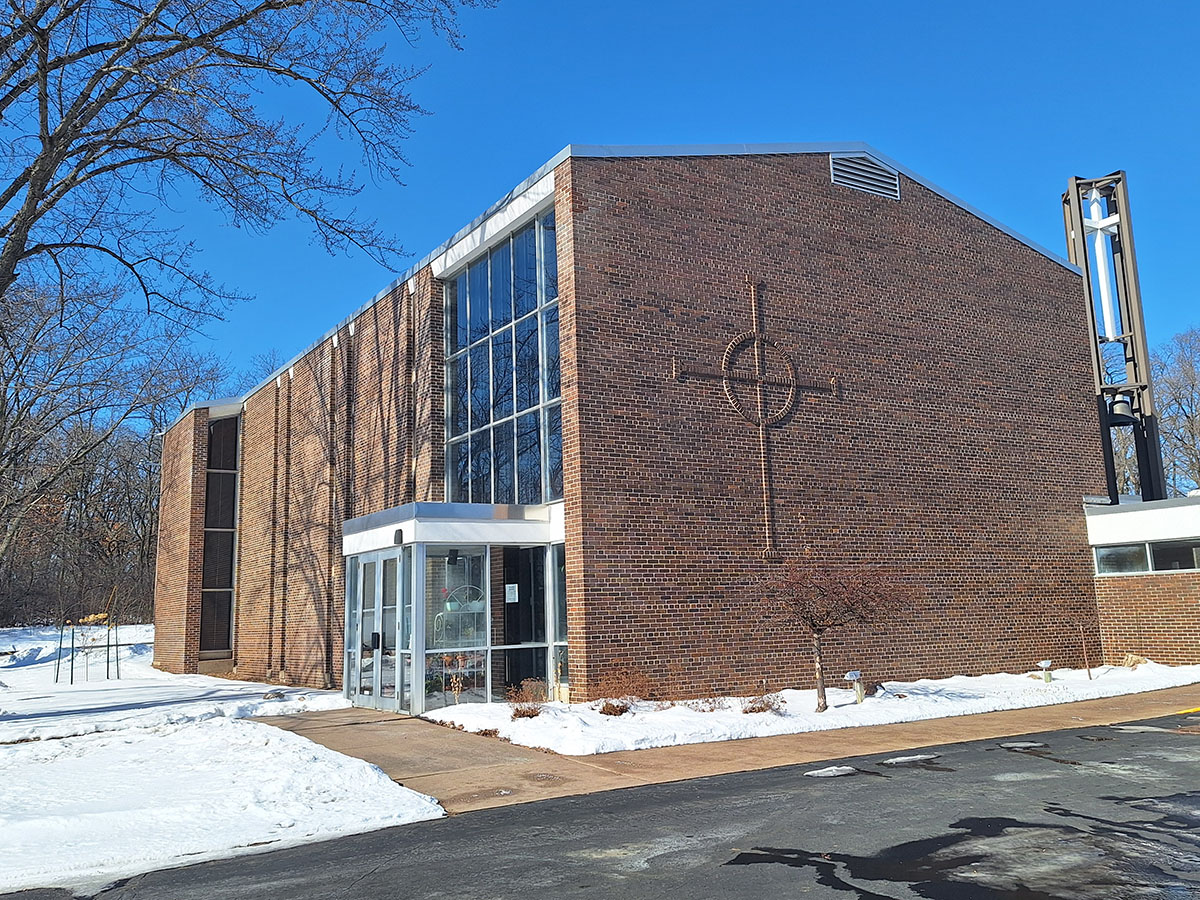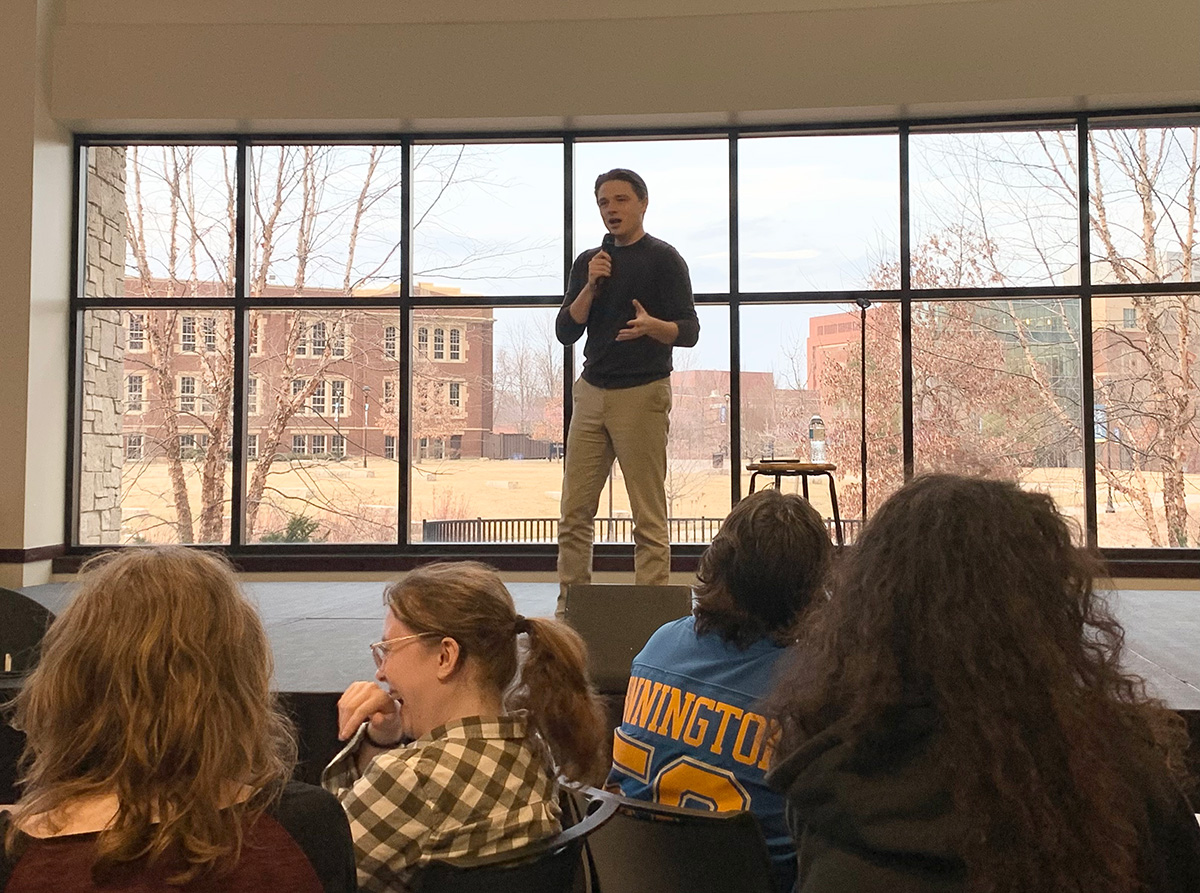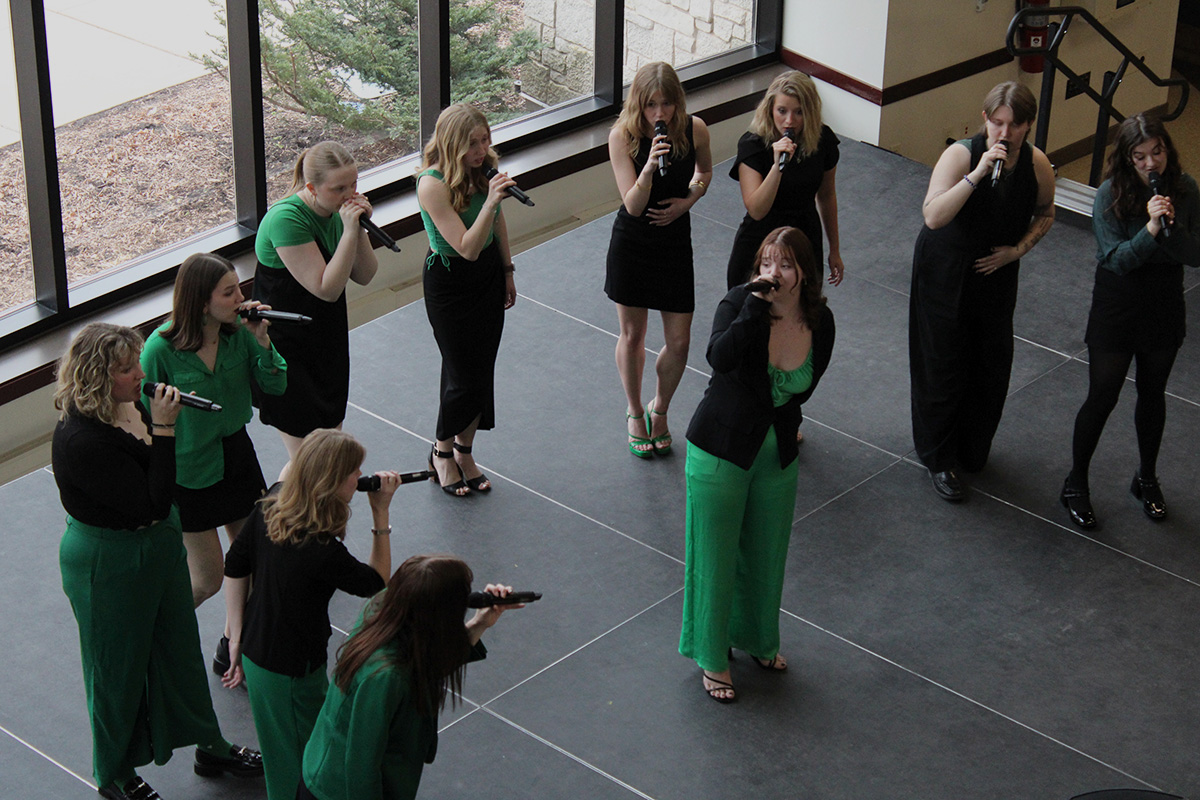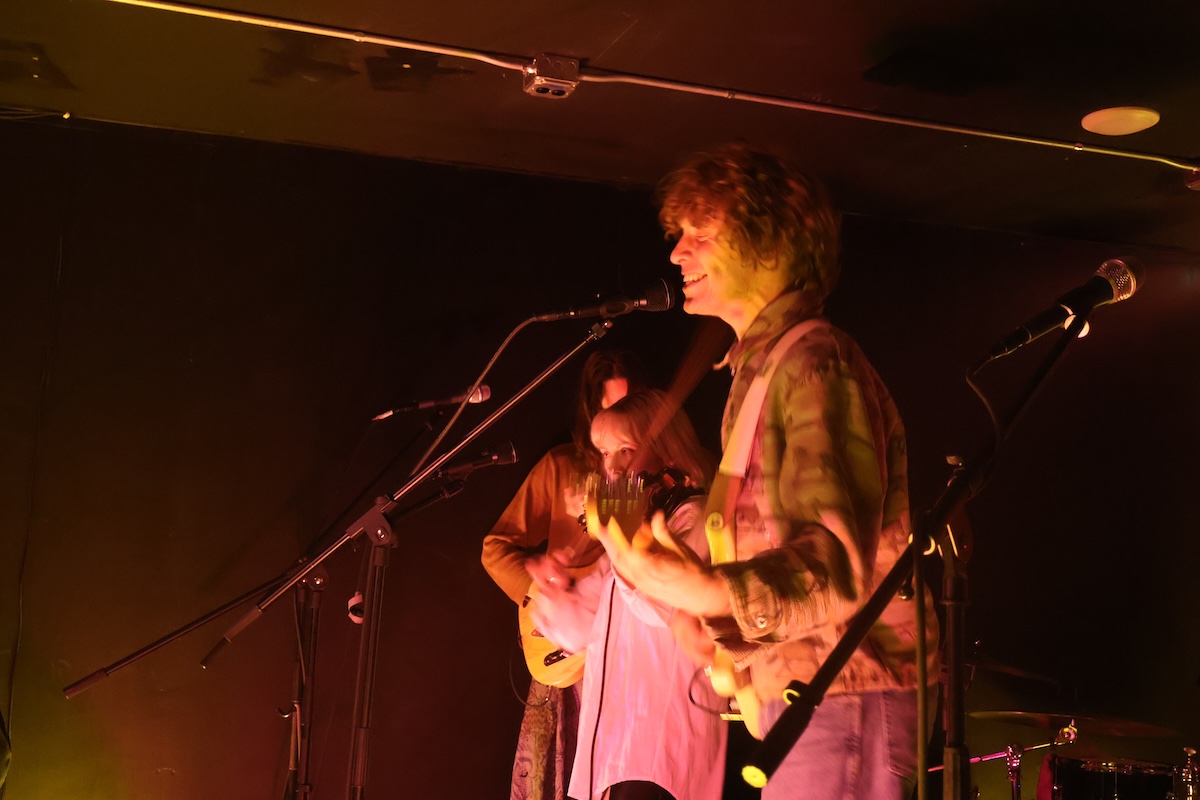The First Presbyterian Church of Eau Claire (FPCEC) held a workshop discussing accessibility, inclusion and its place in the modern-day church. The workshop took place at FPCEC from 9:30 a.m. to 2:30 p.m. on Saturday, Feb. 22.
The church’s pastor, Rev. Kathy Reid Walker, said she had been working on this event since 2022.
“We were, through that whole year, thinking of different ways of continuing leadership,” Walker said. “Asking ourselves, ‘What are we doing right? What needs improvement? What needs to be put on hospice or thrown in the compost?’”
She was given a grant by the presbytery to fund the event and connected with Laura Foot, who wished to host a similar function.
Foot, co-organizer and host of the workshop, said that she wanted the community to be able to discuss their experiences.
“It’s important that we talk about different life experiences that aren’t our own and are our own,” Foot said. “It’s really powerful how, together as a community, we can provide spaces, both spiritual and non-spiritual, that are accessible, inclusive places of belonging.”
The workshop discussed accessibility in churches for people with physical and mental disabilities, such as hearing loss, mobility issues and neurodivergence. Walker highlighted the need for this inclusion beyond church services.
“We want to be an accessible place for the community. We have a lot of community usage such as concerts and recitals, teachers, kids and other groups that meet here,” Walker said. “The more that we can show that we welcome whoever, and that they can have their needs met here, that’s really important to us.”
Foot started the presentation with the Ted Talk, “I’m not your inspiration, thank you very much,” by Stella Young. The video highlighted how people with disabilities are often viewed as commodities and inspirations for able-bodied folk simply for existing.
She then tied the Ted video into scripture and read John 9:1-7 from the New Revised Standard Version (NRSV) of the Bible. This verse tells the parable of Jesus Christ healing a blind man.
Foot then pointed out the question of whether he or his parents sinned showed a negative preconceived notion towards those with disabilities. Furthermore, the blind man never asked Jesus to heal his vision, perhaps showing that the man was okay with his life up to that point.
Foot brought attention to more scriptures that highlighted Jesus showing love to those not able-bodied, such as another blind man in the book of Mark.
The floor of the workshop opened for attendees to share their experiences with disabilities and inclusion and what ideas they had for churches to be more accessible.
Ideas ranged from installing ramps and providing closed-captioning, to fun and creative ideas, such as serving communion with a crossbow.
Attendees generally appeared to agree with the message of the workshop, with attendee Dan Mundt who in example said he felt Jesus himself would have approved.
“If you look at who Jesus spent his time with, he didn’t spend it with the privileged and rich,” Mundt said. “He spent it with the sick, the poor, the physically and mentally disabled.”
FPCEC hosts church services on Sunday mornings at 10 a.m. and Walker said that all are welcome and encouraged to attend by the church.
Tolbert can be reached at tolbernj7262@uwec.edu.








